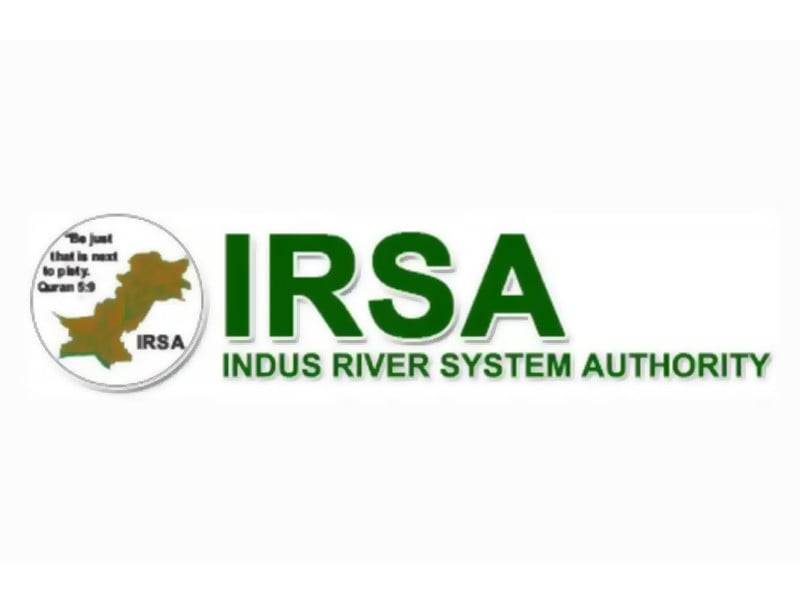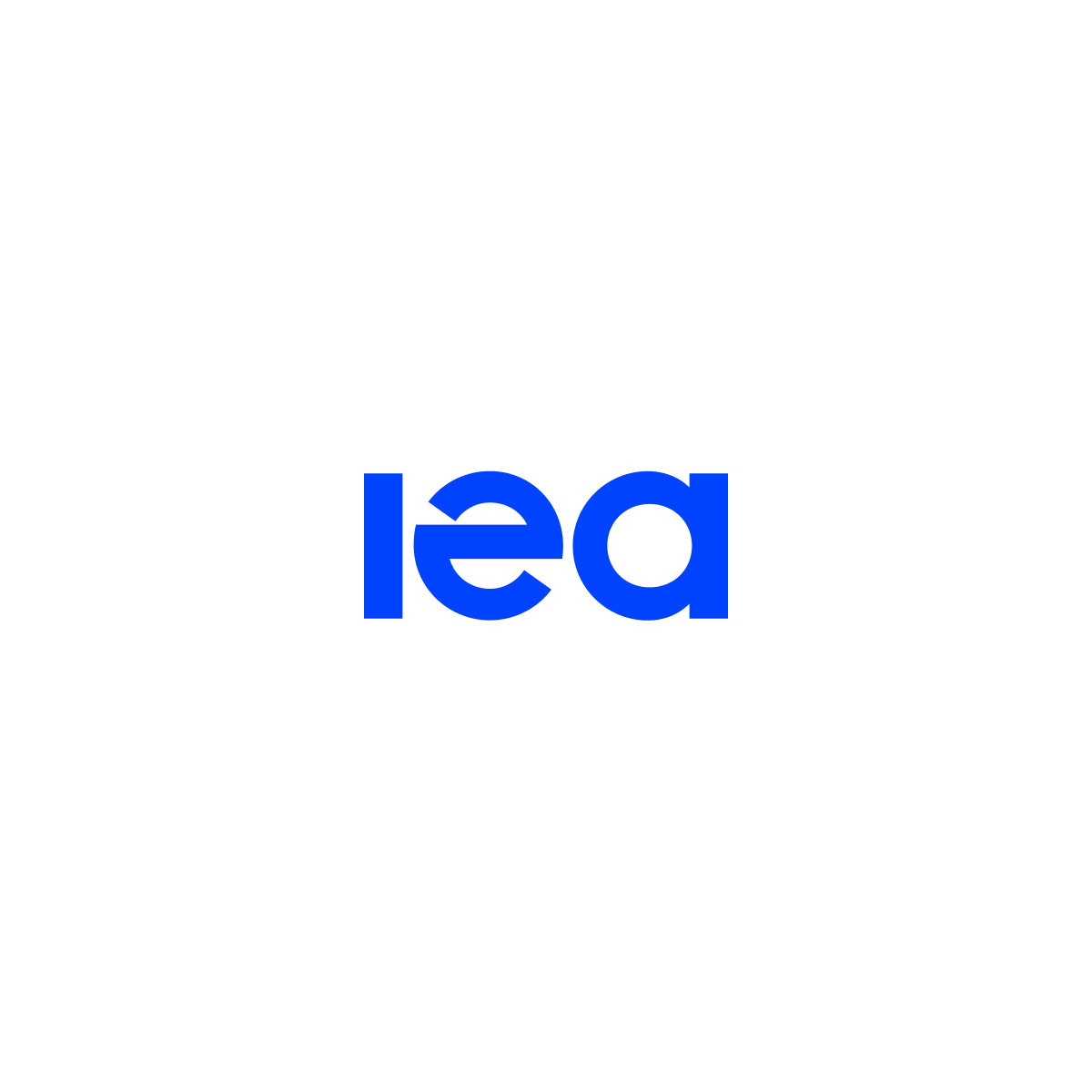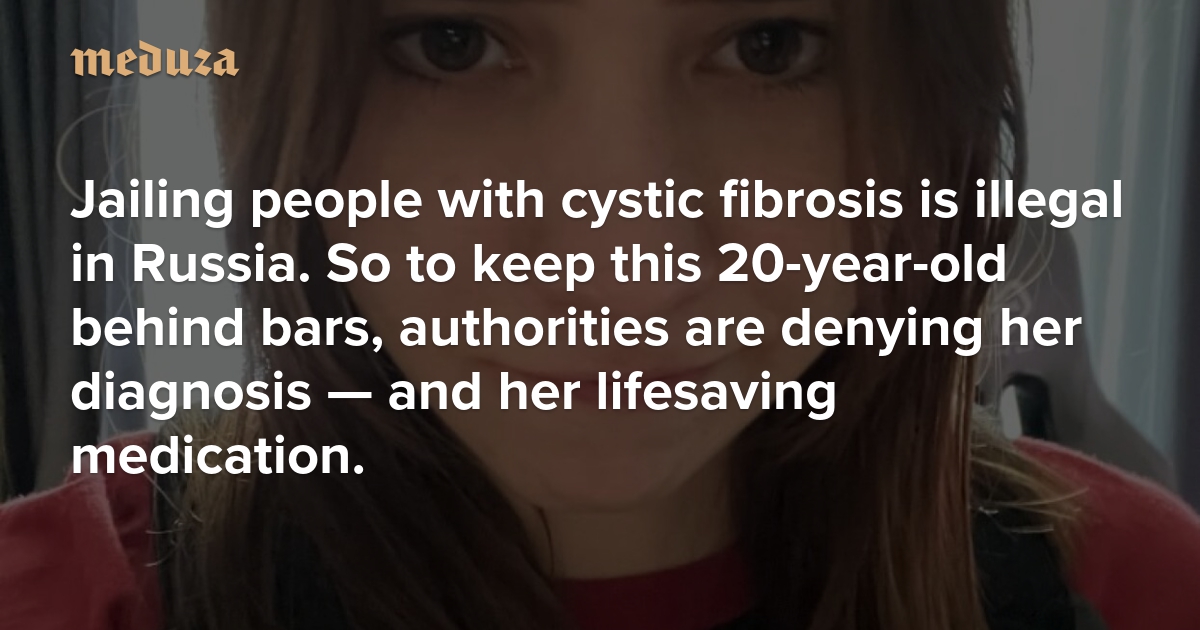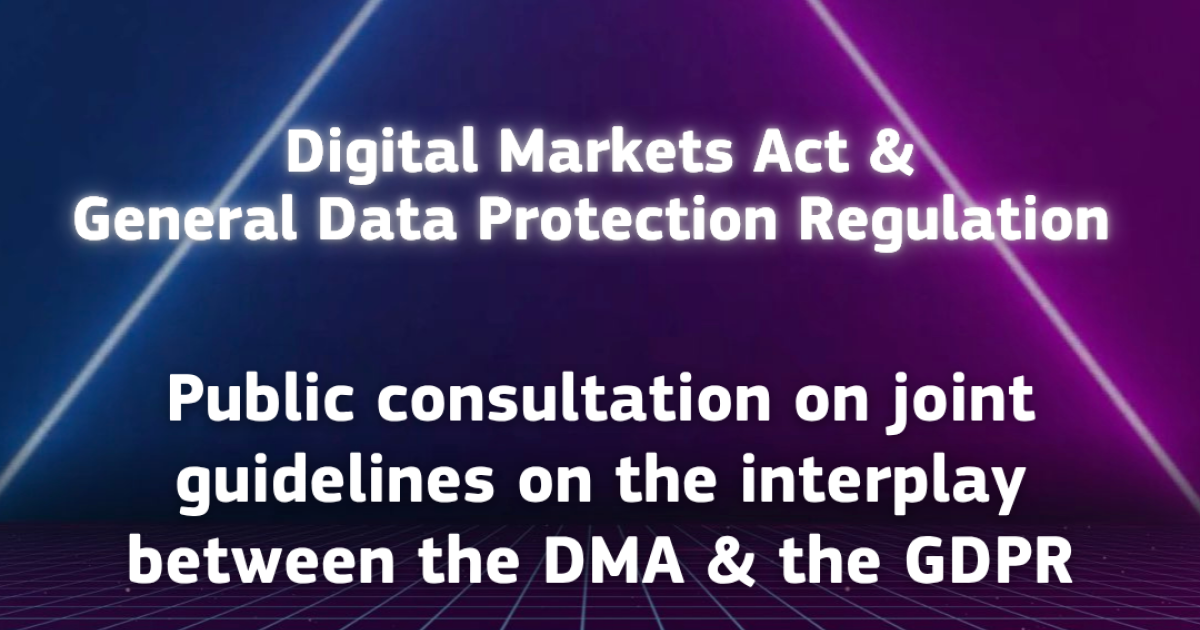About ARKET
Launched in 2017, ARKET is a modern Nordic design and lifestyle destination featuring collections for women, men, children, and the home, along with a seasonal vegetarian café and coffee shop. Inspired by simplicity, nature, and the…

About ARKET
Launched in 2017, ARKET is a modern Nordic design and lifestyle destination featuring collections for women, men, children, and the home, along with a seasonal vegetarian café and coffee shop. Inspired by simplicity, nature, and the…

Indus River System Authority (IRSA) on Thursday released 100,900 cusecs of water from various rim stations with an inflow of 109,500 cusecs.
According to the data released by IRSA, Tarbela Dam has already attained its maximum conservation level…

Africa’s energy security is increasingly shaped by volatile global fuel markets, climate extremes, infrastructure constraints, and rapid electrification. Timely, interoperable, and trustworthy data are the backbone of effective responses, supporting early‐warning signals, contingency planning, affordability measures, and resilient investment. Yet, across many African Member States, energy security data remain fragmented across institutions, captured with heterogeneous definitions, and disseminated with time lags that blunt policy impact.
African Energy Commission (AFREC) and the International Energy Agency (IEA) propose a joint webinar to facilitate a dialogue on how African countries can strengthen energy security data systems. The session will showcase data collection tools and templates aligned with International Standards (IRES/SIEC) and examples of short‑term energy security indicators that can be developed for the region. The webinar will be an opportunity to identify priority areas for capacity development activities among Member States.
Highlight the importance of energy security data among stakeholders in Africa.
Explain how African Member States can strengthen their energy security data systems and transform the data into useful indicators for policy development.
Showcase the progress of specific African countries in collecting and using energy security data, including lessons learned.

This website is made by BBC Studios Distribution.
BBC Studios is a commercial company that is owned by the BBC (and just the BBC). No money from the licence fee was used to create this website. The profits we make from it go back to BBC…

Cystic fibrosis, a life-threatening genetic disease that affects the mucous membranes in the lungs and other organs, is one of the conditions that make it illegal to imprison a person under Russian law. Nonetheless, this summer, a Moscow…

The growth of interest in women’s rugby rocketed on SuperSport’s dedicated RWC channel as part of its Here for Her campaign, according to data just released.
The Springboks defeated Brazil and Italy in…

Red Bull and Mercedes were the only two teams to list new development parts at Singapore – including revised front wings for both cars.
The wings of each car are very different, and this applied before and after their respective updates. Each…

As the Norwegian Nobel Committee prepares to announce this year’s winner of the Nobel Peace Prize, one name, one persona hovers over its decision – the United States president, Donald Trump.
Since stepping into office in January, Trump has…

The European Commission and the European Data Protection Board (EDPB) have launched a public consultation to gather feedback on draft guidelines on the interplay between the Digital Markets Act (DMA) and the General Data Protection Regulation (GDPR).
The guidelines will aid companies to interpret and comply with the two sets of rules and the points in which they intersect. This includes provisions in the DMA on the combination and portability of users’ data, which involve processing personal data and therefore require compliance with GDPR. Also, the DMA foresees alternative app stores and distribution channels for apps, for which gatekeepers may put in place strictly necessary and proportionate measures that must also comply with GDPR.
This collaboration, which started in September 2024, aims to improve legal clarity and certainty for businesses in the EU, while ensuring the effectiveness of both sets of rules. The two sets of rules will be applied coherently, in full respect of the distinct competences of each body.
Interested parties have until 4 December 2025 to submit their input.
Following the assessment of the feedback collected, the final Guidelines will be adopted in 2026.
After the closing of the consultation, all submissions will be published on the DMA website to which a link will be included on the EDPB website.
